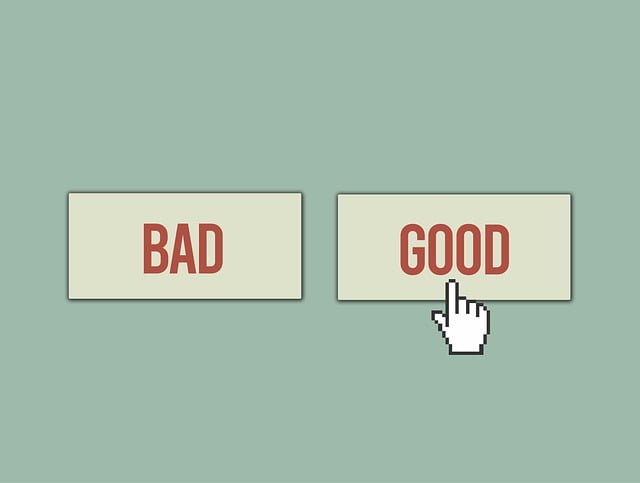Hotel Success

Good Vs Bad Hotel Brands In Hospitality Franchising Industry
Here are 20 differences between a good hotel franchisor brand and a bad one:
- Transparency:
- Good: Provides clear and transparent information about fees, obligations, and expectations.
- Bad: Withholds crucial information, leading to surprises and misunderstandings.
- Support and Training:
- Good: Offers comprehensive training programs and ongoing support to help franchisees succeed.
- Bad: Provides inadequate or minimal training, leaving franchisees ill-equipped to manage their hotels effectively.
- Flexibility in Operating Standards:
- Good: Adapts operating standards to fit market conditions and the unique characteristics of each property.
- Bad: Enforces rigid and impractical operating standards that may not suit the local market.
- Reasonable Fees:
- Good: Charges fair and justifiable fees, ensuring that the financial burden on franchisees is reasonable.
- Bad: Imposes excessive fees that strain the financial viability of franchisees.
- Fair Contract Terms:
- Good: Includes fair and balanced terms in the franchise agreement, with reasonable renewal and termination clauses.
- Bad: Incorporates one-sided terms that heavily favor the franchisor, making it difficult for franchisees to negotiate.
- Territorial Protection:
- Good: Provides territorial protection to prevent oversaturation and excessive competition among franchisees.
- Bad: Allows unlimited expansion, leading to increased competition and potential financial strain on franchisees.
- Marketing Support:
- Good: Offers effective marketing support and collaborates with franchisees to promote the brand.
- Bad: Fails to provide adequate marketing assistance, leaving franchisees to fend for themselves.
- Reasonable Renovation Requirements:
- Good: Sets reasonable renovation schedules and requirements based on market conditions and property needs.
- Bad: Demands frequent and costly renovations without considering the financial implications for franchisees.
- Ethical Supply Chain Practices:
- Good: Encourages fair and ethical supply chain practices, allowing franchisees to choose suppliers.
- Bad: Mandates the use of affiliated suppliers at potentially inflated prices, limiting franchisee choices.
- Fair Dispute Resolution:
- Good: Establishes a fair and impartial dispute resolution process that considers the interests of both parties.
- Bad: Implements dispute resolution mechanisms that heavily favor the franchisor, potentially leading to unfair outcomes.
- Clear Accounting Practices:
- Good: Maintains transparent accounting practices, allowing franchisees to easily understand royalty calculations.
- Bad: Utilizes complex or opaque accounting methods, making it difficult for franchisees to verify financial statements.
- Innovative Technology Integration:
- Good: Invests in and provides access to modern technology to enhance franchisee operations.
- Bad: Neglects technological updates, putting franchisees at a disadvantage in the competitive landscape.
- Reasonable Non-Compete Clauses:
- Good: Enforces non-compete clauses that are reasonable in scope and duration.
- Bad: Imposes overly broad non-compete restrictions that severely limit franchisees’ future business opportunities.
- Consumer Protection Measures:
- Good: Implements measures to protect franchisees from external factors, such as economic downturns.
- Bad: Fails to include safeguards or support for franchisees during challenging economic conditions.
- Fair Brand Fund Contributions:
- Good: Utilizes brand fund contributions transparently and allocates funds fairly for the benefit of all franchisees.
- Bad: Lacks transparency in the use of brand funds, potentially misallocating resources.
- Reasonable Termination Clauses:
- Good: Includes fair termination clauses with clear criteria and reasonable notice periods.
- Bad: Incorporates termination clauses that allow the franchisor to terminate agreements arbitrarily or with insufficient notice.
- Protection Against Predatory Practices:
- Good: Acts ethically and refrains from engaging in predatory pricing or other anti-competitive practices.
- Bad: May resort to predatory pricing or other strategies that harm franchisee competitiveness.
- Negotiation Flexibility:
- Good: Allows for reasonable negotiation of terms, demonstrating a willingness to collaborate with franchisees.
- Bad: Offers little room for negotiation, indicating an inflexible and authoritarian approach.
- Community Engagement:
- Good: Encourages community engagement and involvement, reflecting a commitment to local development.
- Bad: Fails to prioritize community relationships, potentially leading to negative perceptions and challenges for franchisees.
- Long-Term Vision:
- Good: Demonstrates a long-term vision for the brand’s success, with strategies that benefit both the franchisor and franchisees.
- Bad: Focuses on short-term gains, potentially at the expense of franchisee satisfaction and long-term sustainability.
Staff Writer
0
